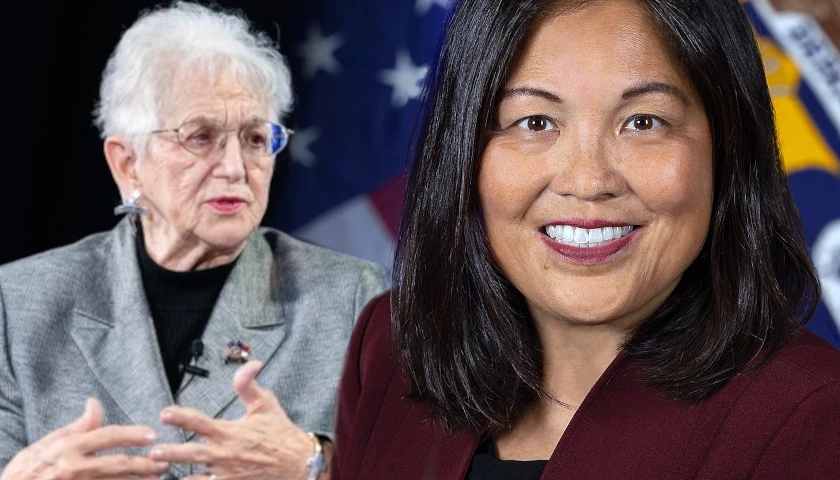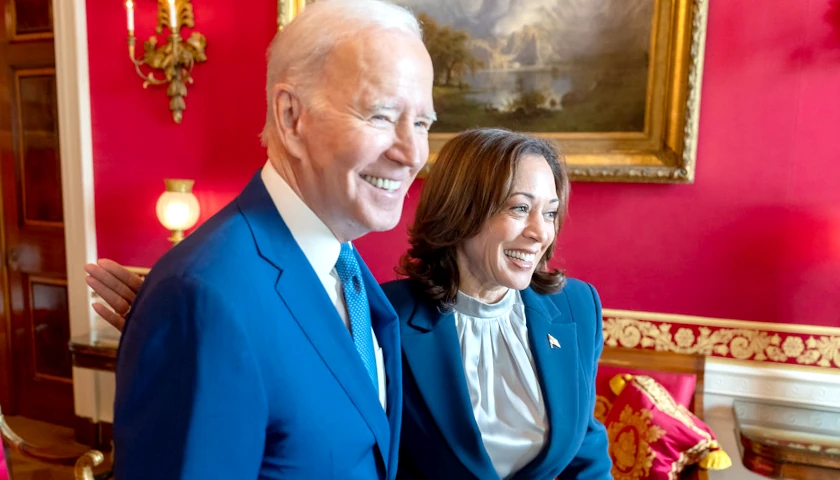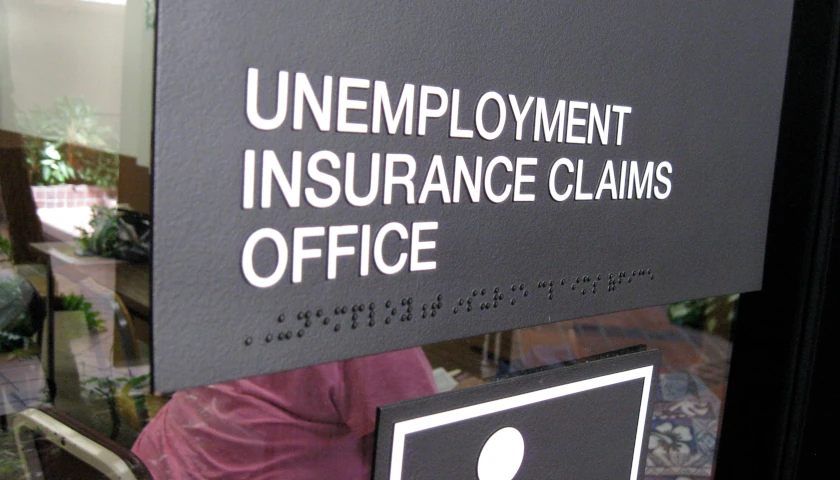Republican North Carolina Rep. Virginia Foxx wrote to Department of Labor (DOL) Acting Secretary Julie Su Monday to ensure the agency continues to perform casework during the remainder of President Joe Biden’s lame duck term.
Read MoreTag: Department of Labor
Trump Announces Flurry of Nominations, Including Housing Secretary, OMB, and CDC
President-elect Donald Trump announced a series of crucial nominations on Friday night, including tapping NFL veteran Scott Turner as Secretary of the Department of Housing and Urban Development (HUD), and Russ Vought to return as the director of the White House Office of Management and Budget (OMB).
Read MoreLawmakers Want Answers After Revision to Job Numbers
Lawmakers are launching an inquiry into the Department of Labor’s Bureau of Labor Statistics after it significantly overestimated the number of jobs created last year, creating a far rosier picture of the U.S. economy than was actually the case.
The federal government announced earlier this year that its previous jobs data had far overestimated how many jobs the U.S. economy created last year. In fact, the federal data was revised down by a third, or roughly 800,000 jobs, the largest revision since 2009.
Read MoreAnalysis: June Unemployment 352,000 Under Biden-Harris, 1.47 Million Unemployed Since 2023
The U.S. unemployment rate once again ticked up in the month of June to 4.3 percent as another 352,000 Americans said they were unemployed, according to the latest data from the Bureau of Labor Statistics. Markets are crashing in response.
Read MoreUnemployment Insurance Claims Continue to Rise
The number of insured unemployed individuals increased by 26,000 to 1,858,000, in the week ending June 29, the highest level since November 2021.
Seasonally adjusted initial unemployment claims reached 238,000, marking an increase of 4,000 from the previous week’s revised figure of 234,000.
Read MoreBiden Regulator Passes Rule with Massive Implications for Millions of Workers
The Federal Trade Commission (FTC) issued a final rule Tuesday banning noncompete agreements nationwide, affecting millions of Americans.
Regulators argue that banning noncompetes will promote competition by giving workers greater ability to switch jobs, increasing innovation and leading to more businesses being created, according to an announcement from the FTC. The FTC estimates that around 18 percent of U.S. workers, or 30 million people, are covered under a noncompete, with the new rule applying to anyone not in a senior executive role, which is defined as someone who is making more than $151,164 and in a policy-making position.
Read MoreBig Corporations Try to Clean Up Their Act After Reports of Rampant Child Migrant Labor
U.S. companies are conducting full-scale audits and shifting “focus” after multiple reports revealed child immigrants were working in increasingly dangerous conditions, according to The New York Times.
In 2023, the Department of Labor opened an investigation into companies like Lucky Charms and Cheetos after reports of immigrant children working in dangerous conditions while thousands of children have crossed over into the U.S. in the last several years. Many other companies, including McDonald’s, Whole Foods, Costco and more, have announced that they are conducting full audits to prevent migrant children from working in dangerous conditions, according to the NYT.
Read MoreBiden Admin Releases New Labor Rule Cracking Down on Independent Contractors
The Department of Labor announced Tuesday the final version of a rule that will force companies to recognize some workers as employees instead of independent contractors.
The new rule goes into effect on March 11 and rescinds a previous rule establishing independent contractors as a separate class of workers under the Fair Labor Standards Act that was put in place in January 2021 under the Trump administration, according to the DOL release. The rule could raise labor costs by up to 30% for employers who utilize independent contractors, such as app-based services like Uber or Lyft, which offer a freelancing model, as employers would have to adhere to minimum wage and overtime laws, according to Reuters.
Read More






